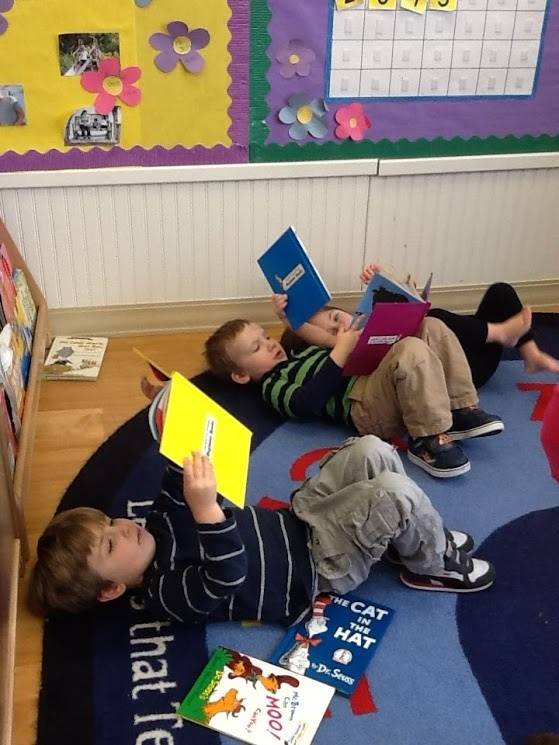October 16, 2014
How to Help Your Child Read Fluently
Introducing our guest blogger:ABCmouse.com is a partner of Doodle Bugs! Children’s Centers and offers a way for children to interact with technology while learning foundational skills, experimenting with cause and effect, and collaborating with classmates. All Doodle Bugs! preschool and pre-k classroom teachers use ABCmouse.com’s learning activities as an extension of play-based classroom activities and the classroom-linked home accounts enable parents to guide their children through the same lessons at home via their home computer, tablet or mobile device.
As our centers prepare for the Read for Record event on October 21st and a nationwide reading of “Bunny Cakes” by Rosemary Wells, it’s a good time to focus on literacy and how to promote it at home. Here’s an excerpt from the phonics webinar by Kimberly Oliver Burnim, 2006 National Teacher of the Year and a Senior Curriculum Advisor at ABCmosue.com:
Parent Question: How do I help my child to read fluently?
Answer: To read fluently means to read words expressively and smoothly. Children who are not fluent read choppily and word-for-word. This can affect their comprehension, because they don’t remember what they have read by the time they reach the end of a sentence. Reading fluently is an important skill.
To help your child learn to read fluently, one of the most important things you can do is to regularly read aloud to your child so that you’re modeling the type of reading you want your child to do. For example, if you’re changing your voice for different characters, your child will know that he or she needs to do the same. If a book that you’re reading has text features such as bold print, and you decide to read a bolded word loudly, you’re modeling that they, too, can do that while they’re reading. Another way to develop fluency is to have your child read a book over and over again. Children tend to become fluent readers after reading the same thing many times. They know when to pause, when to speed up, and when to slow down. As they listen to themselves read more and more fluently, this also helps to build their confidence.
To learn more about how ABCmouse.com can help your child build a stronger educational foundation, please visit our website.

 1.866.668.5111
1.866.668.5111  6:30 am - 6:00 pm
6:30 am - 6:00 pm 
 Give a Happy High Five!
Give a Happy High Five!



